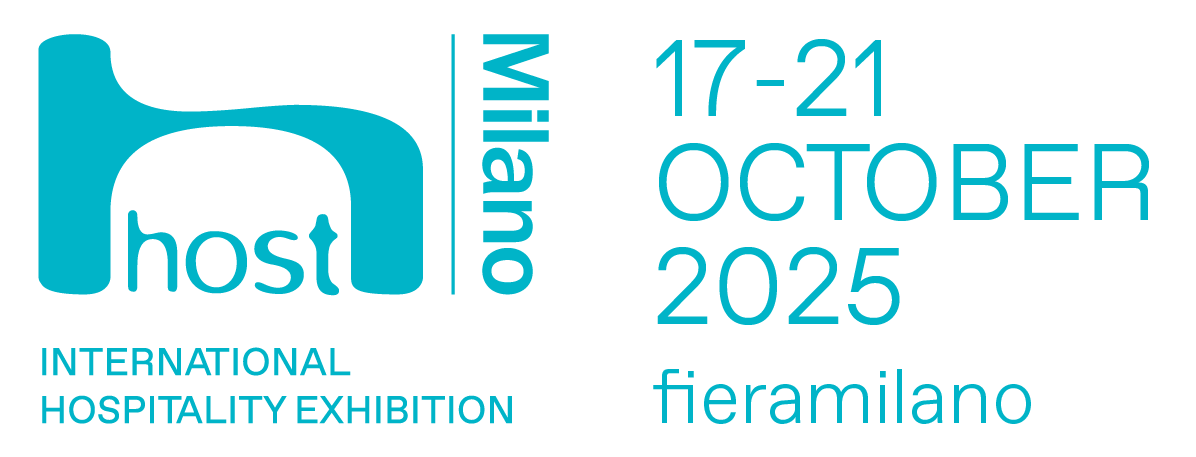According to the National Association of Plastics Industries (ANIPAC), the plastics industry in Mexico represented 3.14% of the manufacturing GDP in 2023, which reflects its economic relevance for the national industry.
This industry maintains a high incidence in sectors such as auto parts, packaging and containers, which have maintained a constant growth in recent years, consolidating its importance within the country's industrial panorama.
However, the sector is facing significant challenges, such as the growing demand for more sustainable solutions and regulations related to the implementation of the circular economy in the plastics value chain.
To mention a few, ANIPAC highlighted that the current regulatory framework presents significant challenges for companies in the sector, especially due to the lack of harmonization between state and federal regulations.
Among the technical challenges faced by the industry is the difficulty in complying with regulations that require products to be compostable, biodegradable, or contain recycled material. These requirements, while necessary for sustainability, affect the processability of products.
The circular economy, as the process to promote the reduction, reuse, and recycling of plastics is defined, can only be implemented in the industry through innovative measures, among the main key areas of development that can enhance the recycling and reuse of plastics are:
Improved Recycling Infrastructure: An optimized infrastructure network allows plastic materials to be collected, transported, and processed efficiently. This facilitates the reuse of waste instead of disposal in landfills or in the environment.
According to figures from the organization, one million 682,913 tons of plastic waste are recycled annually in Mexico, and containers and packaging are designed to be more reusable and recyclable. Due to its lightness, durability, and resistance, plastic is 100% usable.
An example of the potential of circularity in Mexico is PetStar, the world's largest food-grade PET recycling plant. This facility recycles more than 3.5 billion bottles a year, demonstrating that Mexico's plastics industry can lead the way toward a more sustainable and efficient model.
Advances in Recycling Technologies: The implementation of new technologies for advanced recycling enables companies to recover and reuse materials more efficiently, reducing the need for virgin resources. From chemical recycling methods to the development of bioplastics, these innovations offer alternatives that reduce the environmental impact of plastic.
An Integrated Regulatory Framework: Establish regulations that promote the use of recyclable materials and more sustainable product design.
The reforms to the General Law for the Prevention and Integral Management of Waste (LGPGIR) and the General Law for the Circular Economy (LGEC), which are pending approval in the Chamber of Deputies, seek to establish a unified regulatory framework for the plastics industry to move towards the circular economy more efficiently.
Promoting Citizen Awareness: Education and awareness are essential for citizens to understand the importance of recycling and adopt more sustainable habits.
Although PET is the most identified and collected plastic in Mexico with a rate of 63%, another challenge for the industry is to teach that other plastics such as expanded polystyrene (EPS) or low-density polyethylene (LDPE), used in bags and films, are completely recyclable.
Promoting International Alliances: The fight against plastic pollution is a global challenge that requires international collaboration. It is essential to engage in cooperative efforts with foreign entities and other countries to promote sustainable practices and share technological advances in plastics recycling.
The circular economy is key to the future, so all those involved in the plastic production process must make efforts to achieve a real transformation in the production process through improvements in recycling infrastructure, advances in recycling technologies, and an integrated regulatory framework, without neglecting the fact that public awareness and international alliances are essential to promote sustainable practices and move towards a more efficient model.
Sources:
The Food Tech, “Hacia un futuro sostenible en la industria del plástico”, November 11, 2024, accessed in:
México Industry, “El plástico mexicano, clave para el crecimiento económico y la innovación” November 5, 2024, accessed in:
América retail, “Innovación y liderazgo en la COP 16, la economía circular de los plásticos” October 30, 2024, accessed in:
Forbes Mexico, “Industria del plástico promueve consumo responsable para reducir residuos” , June 5, 2024,accessed in:
https://forbes.com.mx/industria-del-plastico-promueve-consumo-responsable-para-reducir-residuos/

























